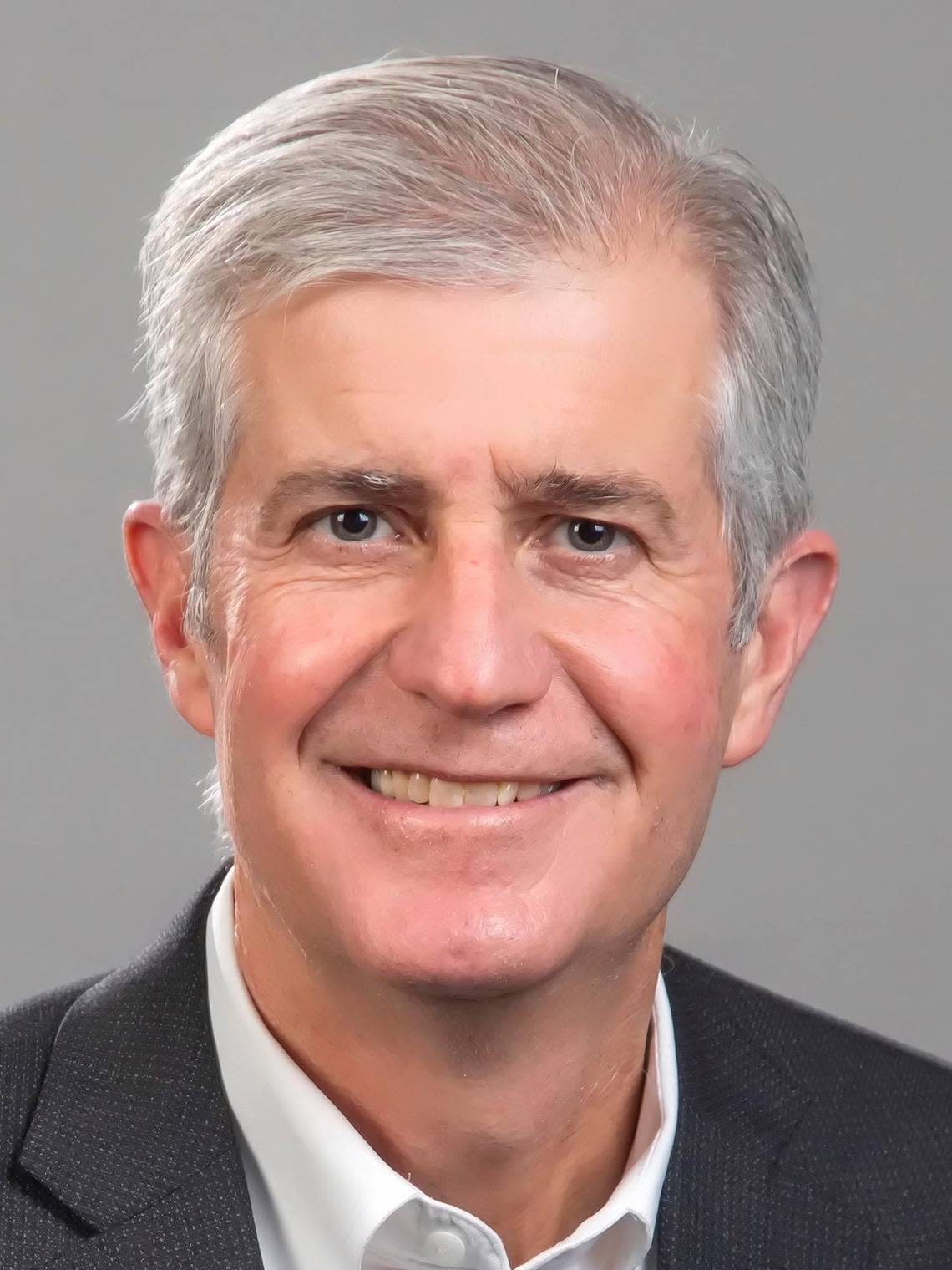Why neither Fed’s monetary nor Congress’ fiscal policies help US economy | Peter Crabb
The political blame game continues.
Federal Reserve officials say they will stay out of politics. Members of Congress blame the Fed for raising interest rates to combat inflation. As it has been said, ““Politics is a dirty business, but if you do not do politics, politics will be done to you.”
So when it comes to economics, just how important is politics? Do the politics surrounding the monetary policies of the Fed or the fiscal policies of the Congress really matter? Economic theory and history suggest the answer to that question is no.

Monetary policy is any action undertaken by a central bank to influence the availability and cost of money and credit. Through myriad actions in financial markets, the Federal Reserve can push interest rates low, even to zero, to influence the availability of credit. If everyone in the financial markets responds to such incentives, lending increases, with the hope there will be more consumption, investment, and jobs.
Classical economic theory suggests that it is just a hope and prayer. These economic models and historical observations demonstrate that while actions by the Federal Reserve may alter expectations for the future, those same expectations change our behavior today, offsetting any potential benefit to the economy. In terms of real economic activity, money is neutral.
Let’s consider how fiscal policy might help.
Fiscal policy refers to how governments spend and tax to influence economic activity. The idea that governments can combat a weak economy through taxes and spending began in earnest with the New Deal of the 1930s and the theories of John Maynard Keynes.
Keynes’s theory was widely accepted but never fully implemented or tested. That is, Keynesian economics is incomplete. He proposed that governments run budget surpluses throughout periods of positive economic growth. Before 1930, the U.S. government had a budget surplus in two out of every three years. Since then, we have seen only 12 years with surpluses.
Also, Keynesian economics is based on a theoretical relationship between consumption and total employment. Unfortunately, economists have only rough estimates for such figures at both the state and national levels. We never fully know all that is purchased or consumed in an economy. We never fully know who is working or who wants to work.
For these reasons and more, there has yet to be a full test of Keynes’s theory, and thus an understanding of the Keynesian multiplier – the theoretical measure of the change in overall economic demand from a change in fiscal policy. Some empirical studies suggest a 1.5 multiplier at times, but others only 0.5, or a loss of 50 cents for every dollar the government spends. While the COVID stimulus payments may have kept us spending, we will never really know at what cost to future economic growth.
Despite the above evidence that both monetary and fiscal policy are ineffective, policy makers keep trying. The result is more politics and more government intervention than necessary.
The blame game goes on.
Peter Crabb is a professor of finance and economics at Northwest Nazarene University in Nampa, Idaho. prcrabb@nnu.edu
Will credit-rating agencies downgrade US debt? Sadly, it doesn’t matter. This is why
Understanding the US bond market — and what it’s now saying about a recession
When will Fed stop raising interest rates? And how much inflation do we have, anyway?
Micron’s big new Boise fab will slow US economy, bring higher taxes and worse
